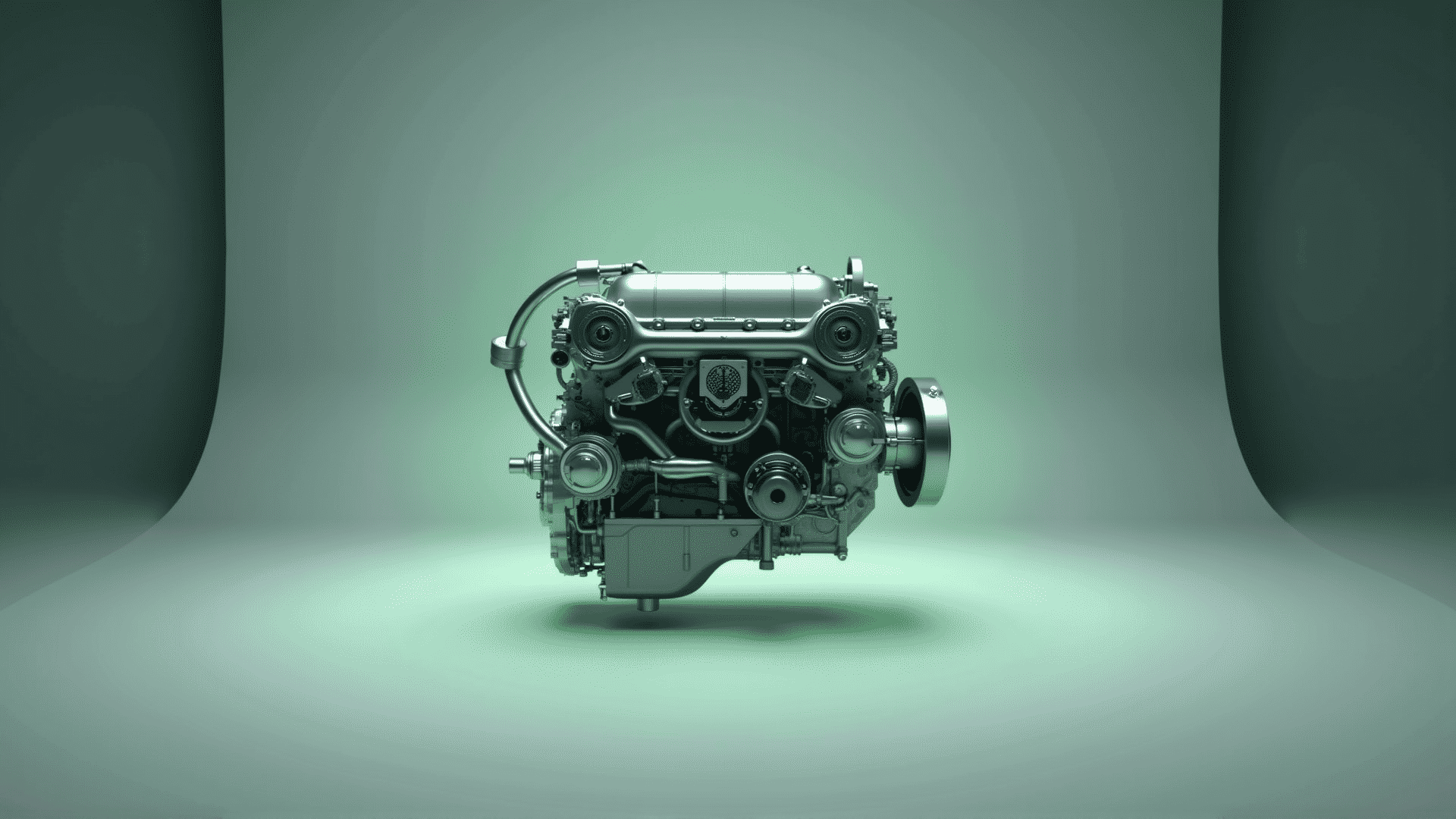As the global demand for environmentally conscious yet high-performing technologies continues to grow, the development of advanced hybrid systems represents a significant stride forward. These systems harmoniously blend eco-friendliness with unmatched performance, revolutionizing industries such as automotive, renewable energy, and beyond.
At their core, advanced hybrid systems are designed to offer unparalleled efficiency. This efficiency is achieved by combining different power sources, such as traditional internal combustion engines with electric motors in vehicles, or solar panels with wind turbines in energy systems. The aim is to extract the best aspects of each source, optimizing overall functionality while minimizing emissions and carbon footprint.
In the automotive world, hybrid vehicles are no longer confined to the realm of novelty. They have established a solid foothold in the market by undergoing continuous refinement and innovation. These vehicles offer significantly reduced fuel consumption compared to traditional gasoline-powered models, thanks to their ability to seamlessly switch between or simultaneously utilize their dual power sources. The improvements provided by regenerative braking, which captures and converts kinetic energy into electrical energy to recharge the battery, exemplify the kind of forward-thinking innovation integrated into these systems.
Beyond automobiles, hybrid technology is reshaping how we generate and use energy on a broader scale. Hybrid power plants, capable of harnessing both solar and wind energy, are increasingly being deployed. These systems are engineered to deliver consistent power output by compensating for the variability inherent in renewable energy sources. By doing so, hybrid power plants ensure reliability while maintaining a sustainable approach to energy production.
Another compelling application of hybrid systems is in the realm of aviation. The aerospace industry is currently exploring hybrid electric propulsion systems, aiming to reduce fuel consumption and emissions drastically. Such advancements promise to transform air travel, making it cleaner and more sustainable without compromising flight performance.
The environmental benefits of hybrid systems extend far beyond mere reduction in fuel use or carbon emissions. As these systems become more prevalent, they also reduce reliance on fossil fuels and contribute to the diversification of energy sources. This diversification is crucial for building resilient, adaptable energy infrastructures capable of meeting future energy demands while addressing environmental concerns.
The ongoing evolution of hybrid systems is also supported by technological advancements in energy storage. Improved battery technologies are pivotal, offering increased storage capacities and faster charging times, which enhance the overall efficiency and appeal of hybrid solutions. This synergy between advanced storage solutions and hybrid system designs results in holistic improvements across multiple applications.
In conclusion, advanced hybrid systems epitomize a significant leap toward a more sustainable future. Their ability to deliver outstanding efficiency without sacrificing power or performance is key in addressing some of the most pressing environmental challenges of our time. As innovation continues to propel these systems forward, they promise not only to transform industries but also to contribute profoundly to global efforts in building a cleaner, more sustainable world.
